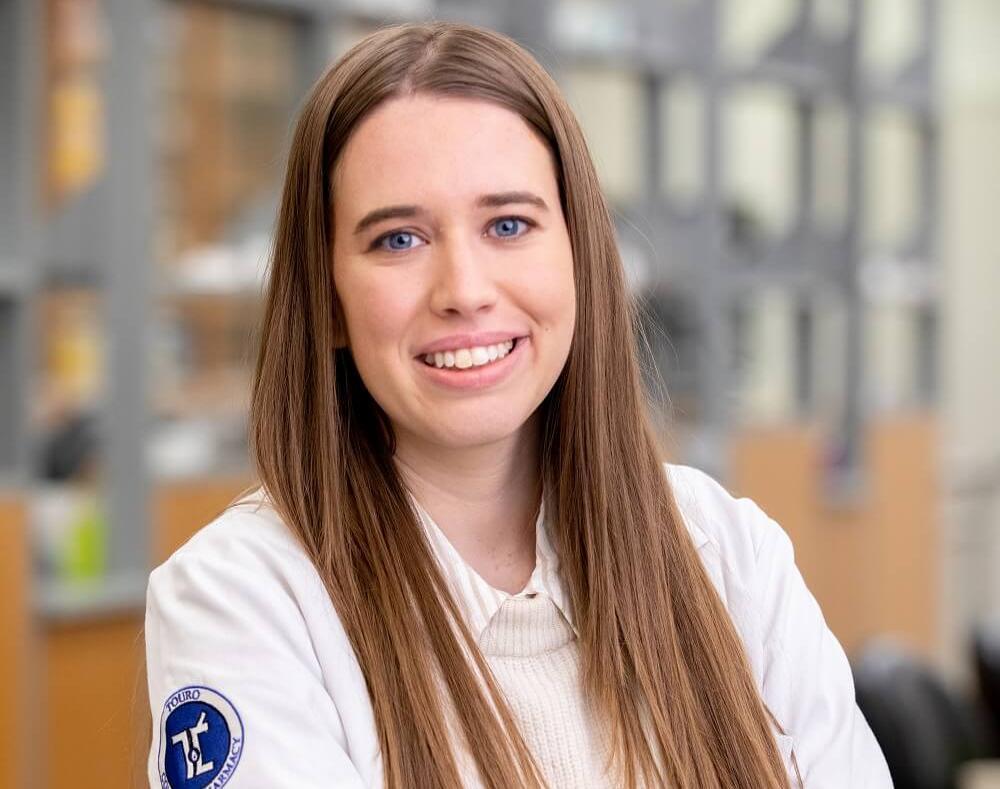Seven Ways to Combat Antimicrobial Resistance
Touro College of Pharmacy Faculty and Alumna Publish Article in Bacteria

A recent article by Zvi Loewy, PhD, associate dean of research at Touro College of Pharmacy (TCOP), and TCOP alumna Irene Berger, PharmD, (Class of 2023) has made the cover of Bacteria, a prestigious peer-reviewed journal. Their paper, titled Antimicrobial Resistance and Novel Alternative Approaches to Conventional Antibiotics, addresses the escalating issue of antimicrobial resistance (AMR) and suggests innovative strategies for its management.
AMR arises when bacteria evolve to resist the effects of antimicrobial drugs like antibiotics. The consequences are severe, with drug-resistant bacteria projected to cause an estimated 10 million deaths annually by 2050. Major drivers of AMR include the overuse of antibiotics and the rapid adaptability of certain pathogens, especially ESKAPE pathogens (Enterococcus faecium, Staphylococcus aureus, Klebsiella pneumoniae, Acinetobacter baumannii, Pseudomonas aeruginosa, Enterobacter species), which pose significant risks in healthcare settings due to their high resistance.
Dr. Loewy and Dr. Berger outline several promising approaches to combat AMR:
- Dual Antimicrobial Therapy and Drug-Adjuvant Combinations: This approach involves combining antibiotics or pairing them with adjuvants to enhance efficacy. For example, amoxicillin can be combined with clavulanic acid to counter β-lactamase-producing bacteria.
- Antimicrobial Peptides (AMPs): Naturally occurring peptides disrupt bacterial cell walls, offering a broad-spectrum alternative with a low likelihood of resistance development.
- Monoclonal Antibodies (MABs): These targeted antibodies fight specific pathogens or toxins. Several MABs, such as those targeting Clostridium difficile, have already received FDA approval.
- Bacteriophages: These viruses specifically infect and destroy bacteria, showing great potential in targeting multidrug-resistant pathogens.
- Probiotics: Beneficial bacteria that inhibit harmful pathogens through competitive exclusion, biofilm disruption, and immune modulation.
- Nanomaterials and Nanoparticles: These function as antibiotic carriers or direct bactericides, enhancing drug delivery and improving bacterial interaction.
- Cannabinoids: Compounds derived from cannabis with antimicrobial properties that can disrupt biofilms and may enhance the effectiveness of existing antibiotics.
Dr. Loewy has been at the forefront of AMR research, with his lab conducting a wide range of studies, including a large-scale epidemiological analysis of nearly 15,000 patients. This study, among others, utilizes advanced methodologies to expand understanding and develop solutions for AMR.
“I’m always pleased to publish with our students,” Dr. Loewy remarked. “We’re training the next generation of biomedical scientists, and publishing with alumni raises that bar even higher.”
Dr. Berger, who previously earned top honors at Touro’s Research Day for her work on probiotics and respiratory pathogens, was among the first to enroll in TCOP’s specialized research track. “The Research Track was one of the things that set Touro apart from other programs,” Berger shared. “My older sister, who also studied at Touro, encouraged me to pursue research, and I knew it would be an important part of my pharmacy education.”

